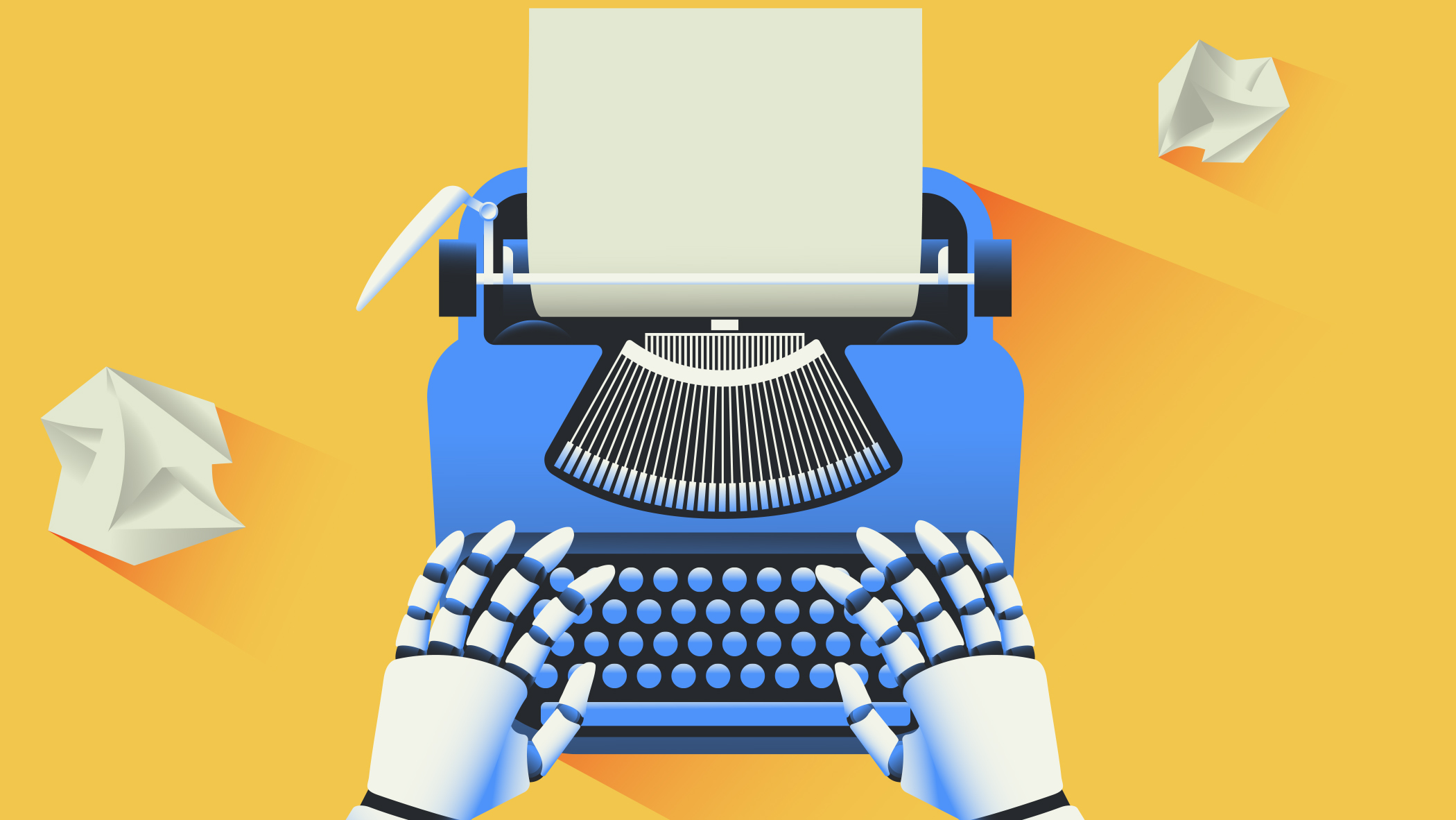With artificial intelligence tools becoming more popular and easy to access, different industries are facing new challenges. The publishing sector is a good example. He now faces a deluge of AI-generated books in online stores.
Because these books invade the shelves of virtual bookstores, including those of Amazon, the maker of Kindle e-readers, which now controls 80% of book distribution in the United States.
The proliferation of these AI-generated books raises concerns about content quality and even authorship. Because some of these titles use the real names of authors without their permission or without their knowledge. And these titles are the subject of reader reviews on e-commerce sites.
Travel guides, cookbooks, programming and fiction
“Anyone who does this is obviously going after critics who trust my name and think I actually wrote these books. I didn’t. It’s highly likely that they were generated by intelligence artificial,” author Jane Friedman said in a recent blog post after discovering fake books attributed to her on an e-commerce site. “When I complained about this issue on Twitter/X, an author replied that she had to report 29 illegitimate books in the last week alone. 29!”
AI-generated books are particularly visible in the travel guide segment. But the practice extends to other categories, such as cooking, programming and fiction, according to the New York Times. Just a few months after launching ChatGPT, Clarkesworld, a science fiction magazine, had to stop taking new texts after seeing an increase in AI-generated stories.
“With the flood of AI-generated content published on Amazon, sometimes misleadingly or fraudulently attributed to authors, how can we reasonably expect working authors to spend time policing? Mr. Friedman asked. “And if the authors don’t, they’re sure to hear about it, from readers who are concerned about these junk books, and from readers who bought this crap and have complaints at formulate. Or the authors also risk losing a potential reader forever”.
Here are some tips for spotting AI-generated books
-
Check the author’s name and do a quick Google search
If an author actually wrote this book, it should be easy to find on their official website, in news about the book launch, in reader and book club forums, and in online libraries.
-
Read reviews
Scan the reviews to see if other buyers have mentioned the possibility that the book is illegitimate. But books can have fake AI-generated reviews. You can spot them by looking for patterns in the way the review is written. Unless otherwise specified by the authors of prompt, AI chatbots tend to write in a simple structure, using clear and friendly language. They also structure the texts in a consistent way, which is why you should look for a common pattern across multiple reviews.
-
Return the book explaining your concerns
If you bought an e-book that puzzles you on Amazon, you can try to return it through Amazon customer service. There’s no guarantee it’ll work, as Amazon doesn’t outright ban AI-generated content, but the company does have content guidelines in place against intellectual property infringement and content misleading.
Like the typewriter or the computer
AI chatbots such as ChatGPT, Bing AI, Google Bard and Claude are increasingly being used to create written content, thanks to their ability to generate text in different styles. These AI chatbots are also widely accessible, as usually all you need is a valid email address to open an account. They’re also extremely easy to use, with intuitive chat windows where you write your questions or prompts, and the bot responds conversationally.
This means anyone can use these generative AI tools to create articles, codes, letters, resumes, and books.
“While we believe there will be opportunities to empower writers and creators with technology over time, just as the typewriter or the computer have done, we don’t see the author at the center of the changing business model,” however, Ted Oberwager, partner at Kohlberg Kravis Roberts (KKR), told Axios recently. “The authors, the human connection and the experience will not be replaced”.
These chatbots are built on large language models (LLMs) trained on available digital data – including available books, a fact that has made some AI companies the targets of copyright infringement lawsuits.
Source: “ZDNet.com”
